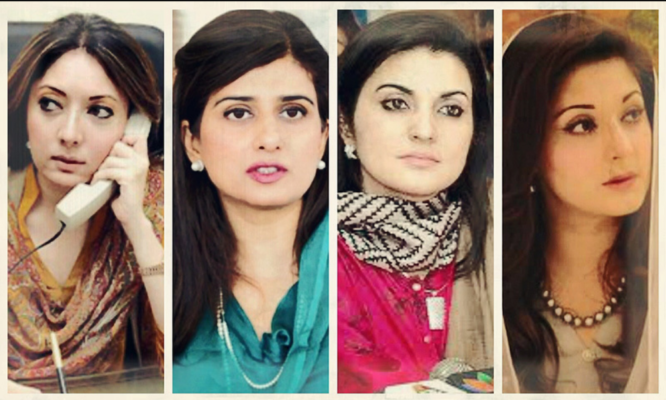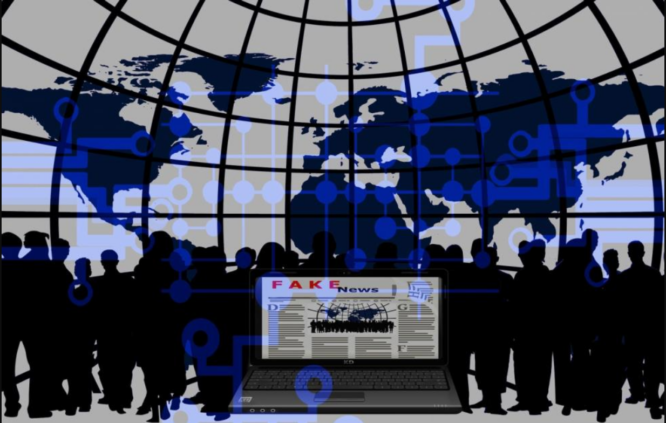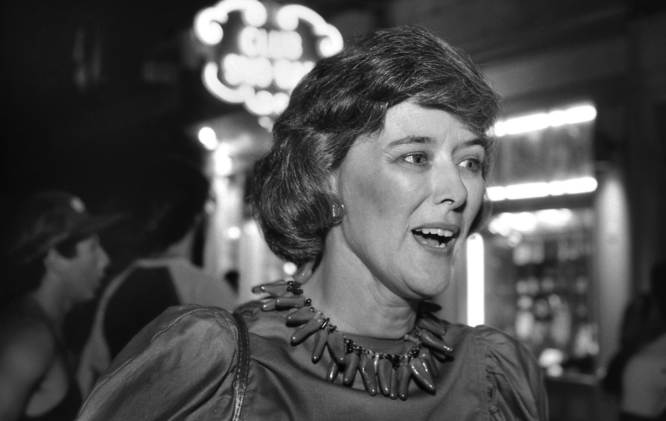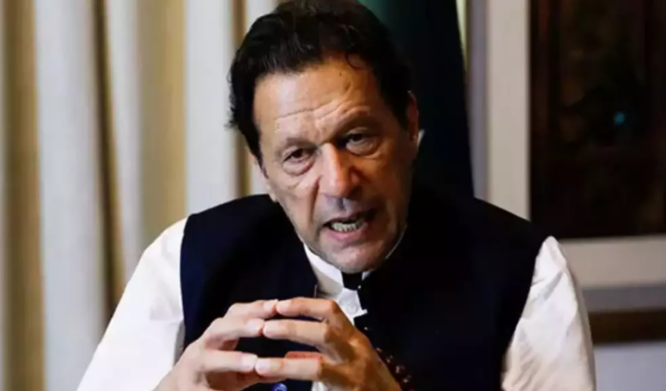Zubaida Jalal, Pakistan’s federal minister for education, visited our Gwadar school while I was in fourth grade. My first politician was a woman. Her presence, Balochi questions to the pupils, and Baloch outfit impressed me. I wanted to be empowered like her and maybe run for government. My family never had a working lady, let alone a politician.
As I grew older, Pakistan’s pervasive corruption, sexism, and political instability—especially in my native area of Balochistan—made me understand how difficult it was to be a politician, and I no longer wanted to be one. I preferred writing and community service. However, I have regularly written about and interviewed female politicians in Pakistan.
Most of these conversations began by discussing how hard it is for women to become politicians, especially those from non-elite and dynastic political backgrounds. They typically ended by saying that any woman in political office, regardless of dynasty, faced challenges.
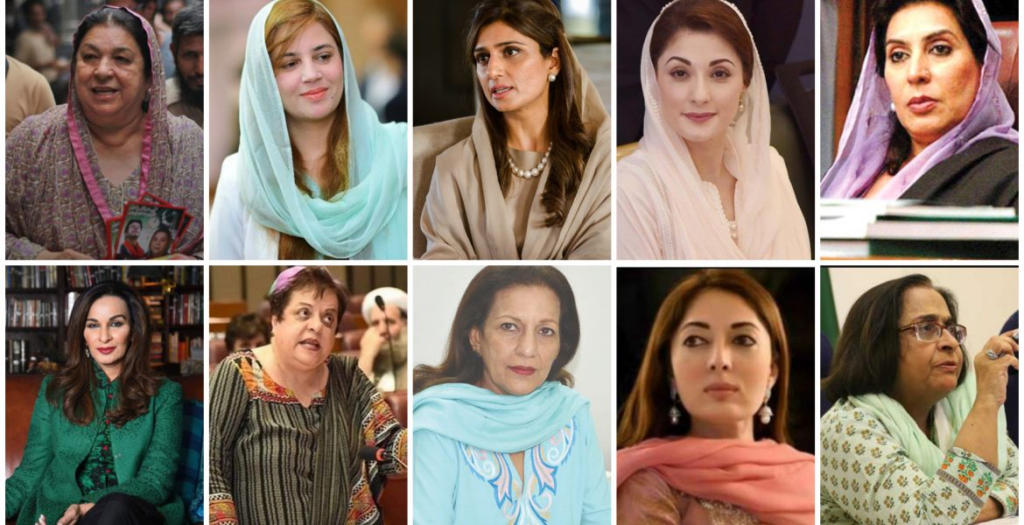
How will Pakistani women’s political engagement fare in October’s contentious elections?
Being the daughter of a former president and prime minister, Benazir Bhutto, Pakistan’s first and only female prime minister (1988–1990 and 1993–1996), may have had an easier time entering a male-dominated political establishment. She was killed in 2007 during her third-term prime ministerial candidacy.
Pakistanis dread terrorism and political bloodshed regardless of gender. However, women endure discrimination, misogyny, restricted opportunities, and insufficient education and training. Female politicians confront bias at all levels of their parties. Assembly membership without portfolios reduces women’s authority. They struggle for nominations, decisions, and leadership.
Pakistan has one of the lowest rates of senior, executive, and legislative women at 4.5 percent. Pakistani women work at a regionally low rate of 2 in 10. Only 40% of 46 million registered women voted in the 2018 elections.
Pakistani women are underrepresented as voters, candidates, and party members. Pakistan’s Constitution reserves 17% of seats in the National Assembly and Senate for women.
Zubaida Jalal, a former federal minister for education (2002–2007) and defense production (2018–2022), said, “Although people might not agree, the dictator government encouraged women to participate in politics.” A new local government system gave 33% of local seats to women. This enabled grassroots women participate in local politics.”
Jalal is from Mand, a tiny Balochistan town bordering Iran. She is the only Makran-elected woman. “I ended up making this conscious decision in 2002 to implement reforms in the education sector, my life-long passion,” she added, “never planning to enter politics.”
Jalal’s political career under a dictatorship was unpopular in her own region, and it is unclear if she brought any improvements. Many male lawmakers joined her in supporting Musharraf. As in other areas, women are criticized more.

Pervez Musharraf’s 2000 “Devolution of Power Plan” addressed female disparity.
Pakistani society and politics are steeped on religious and cultural patriarchy. Thus, women politicians are often mocked for their attractiveness and rarely recognized at home for their accomplishments.
Pakistan’s environment minister, Sherry Rehman, was included in Time Magazine’s 100 most influential people of 2023. She pushed for impoverished nations at COP27, the UN climate meeting in Egypt last November. Rehman and others convinced international leaders to create a new loss and damage fund to aid the worst-hit nations.
Tahira Khurshid, a former local district councilor who is preparing for controversial October 2023 elections, told The Diplomat that “considering politics as a career is still unusual” for Pakistani women.
“Women voters and candidates have always been fewer. She said mobility, security, and patriarchy limit opportunities. “Entering public life in Pakistan requires mental preparation for police and forces to drag you on the roads. Women are targeted during political unrest.
“Other times, you would hear how women should be respected, but that ‘respect’ is only for women who stay at home and don’t participate in politics. she claims.
After Imran Khan was jailed on May 9, women were targeted. He was given bail, but his party members staged nationwide, violent demonstrations. In all major cities, paramilitary soldiers and police banned internet and cellphone services.
The police dragging Khan’s female party employees and supporters and the arrests of women politicians like former federal minister for human rights Shireen Mazari split women’s rights advocates.
The independent group Women Democratic Front criticized police brutality against female protestors, but many noted that Khan’s Pakistan Tehreek-e-Insaf (PTI) had scarcely supported women’s rights and had denigrated its own female lawmakers.
In 2018, female PTI workers were angry because party tickets were distributed without merit or labour. This is common across political parties. In patriarchal societies, opaque selection criteria advantage males. Worse, selected candidates seldom excel in legislation.
“Parties often only give tickets to women because the law requires them to ‘fill the gender quota.’ Fareeha Hassan, a Lahore lawyer, told The Diplomat that merit-based seats would have led to a lot more women-friendly laws.
Balochistan National Party member Tahira Khurshid supports the claim. My party nominated me twice for a women’s reserved seat in Balochistan’s Provincial Assembly and once in the Senate. I failed three times. “But this did not influence my decision to try again,” she stated.
“Not all parties nominate women. She argues it’s still hard for non-politicians to get into provincial and federal assemblies and Senates.
Pakistani males dominate political authority, with notable exceptions. Gender inclusion requires more than statistics. To quantify women’s political empowerment, track legislation, implementation, and cabinet posts. Women still have a long way to go, and the October elections will test Pakistan’s gender dynamics again.

